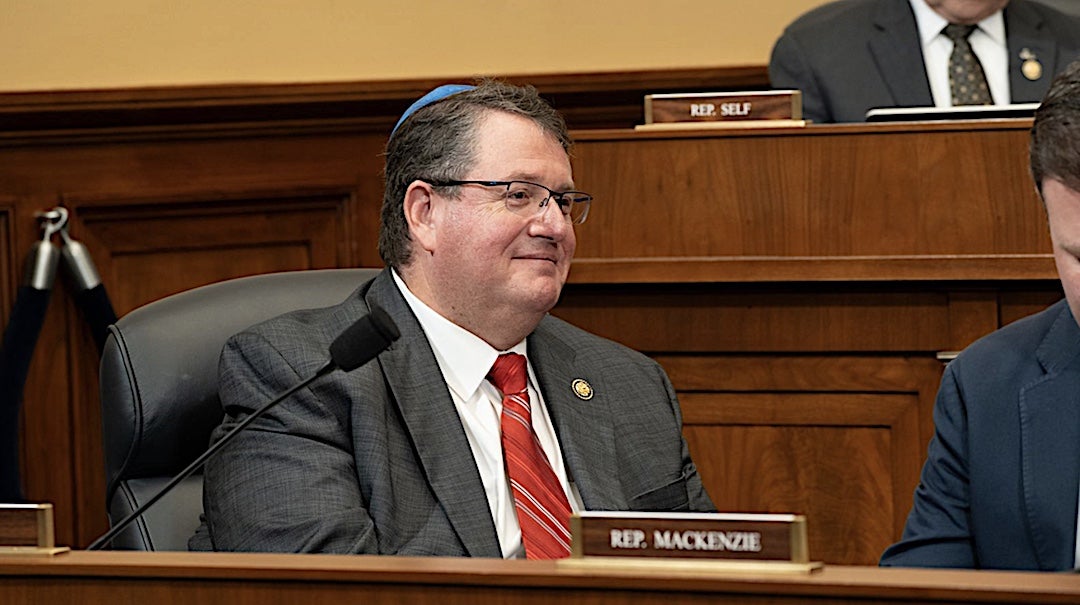Netanyahu and Obama Won’t Meet
In a highly unusual rebuff to a close ally, the White House said on Tuesday that President Barack Obama would not meet Israeli Prime Minister Benjamin Netanyahu during a U.S. visit later this month, as tensions escalated over how to deal with Iran’s nuclear program.
The apparent snub, coupled with Netanyahu’s sharpened demands for a tougher U.S. line against Iran, threatened to plunge U.S.-Israeli relations into crisis and add pressure on Obama in the final stretch of a tight presidential election campaign.
An Israeli official said the White House had refused Netanyahu’s request to meet Obama when the Israeli leader visits the United States to attend the U.N. General Assembly, telling the Israelis “the president’s schedule will not permit that.”
White House spokesman Tommy Vietor denied Netanyahu’s request had been spurned, insisting instead that the two leaders were attending the General Assembly on different days and would not be in New York at the same time.
Netanyahu has had a strained relationship with Obama, but they have met on all but one of his U.S trips since 2009. The president was on a foreign visit when the prime minister came to the United States in November 2010.
By withholding a meeting, Obama could alienate some Jewish and pro-Israel voters as he seeks a second term in the Nov. 6 election. Republican rival Mitt Romney has already accused Obama of being too tough on Israel and not hard enough on Iran.
The White House’s decision could signal U.S. displeasure with the Israeli leader’s intensifying pressure for Obama to set specific red lines on Iran.
Word that the two men would not meet came on the same day that Netanyahu said the United States had forfeited its moral right to stop Israel from taking action against Iran’s nuclear program because it had refused to be firm with Tehran itself.
Netanyahu has argued that setting a clear boundary for Iran’s uranium enrichment activities and imposing stronger economic sanctions could deter Tehran from developing nuclear weapons and mitigate the need for military action.
In comments that appeared to bring the possibility of an Israeli attack on Iran closer, Netanyahu took Washington to task for rebuffing his call to set a “red line” for Iran’s nuclear program, which has already prompted four rounds of U.N. sanctions.
“The world tells Israel ‘wait, there’s still time.’ And I say, ‘Wait for what? Wait until when?’” said Netanyahu, speaking in English.
“Those in the international community who refuse to put red lines before Iran don’t have a moral right to place a red light before Israel,” he added, addressing a news conference with Bulgaria’s prime minister.
“UNPRECEDENTED ATTACK”
The website of Israel’s daily newspaper Haaretz called his words “an unprecedented verbal attack on the U.S. government”.
Iran makes no secret of its hostility to Israel, widely assumed to be the region’s only nuclear-armed power, but says its nuclear program is purely peaceful.
Netanyahu’s relations with Obama have been tense because of Iran and other issues, such as Jewish settlement building in the occupied West Bank.
But he has never framed his differences with Obama – who has pledged he will “always have Israel’s back” and is deep in a re-election campaign – in moral terms.
Obama has been seeking to shore up his advantage over Romney with Jewish voters – who could make a difference in election battleground states like Florida and Ohio – by recently stressing his rock-solid support for Israel’s security.
He received 78 percent of the Jewish vote in the 2008 election, but a nationwide Gallup poll in June showed him down to 64 percent backing versus Romney’s 29 percent.
While seeking to put Netanyahu in his place might not go down well with pro-Israel voters, the White House may also be trying to avoid the prospects of an embarrassing encounter at a difficult time in U.S.-Israeli relations.
When the two men met in the Oval Office in May 2011, Netanyahu lectured Obama on Jewish history and criticized his approach to Israeli-Palestinian diplomacy.
Netanyahu’s office had offered a solution to the leaders’ scheduling problems by having him visit Washington before his U.N. speech on Sept. 28, the Israeli official said. But the White House did not accept the idea.
Obama, who is keeping up a busy schedule of campaign rallies around the country, is expected to take a break to address the United Nations on Sept. 25.
Netanyahu’s harsh comments on Tuesday followed U.S. Secretary of State Hillary Clinton’s remarks on Monday that the United States would not set a deadline in further talks with Iran, and that there was still time for diplomacy to work.
U.S. Defense Secretary Leon Panetta said on Tuesday that Washington would have little more than a year to act to stop Iran if it decided to produce a nuclear weapon.
Iran has threatened to retaliate against Israel and U.S. interests in the Gulf if it is attacked, and any such conflict could throw Obama’s re-election bid off course.
DEADLINE
Netanyahu did not mention Clinton by name but pointedly parroted her use of the word “deadline,” saying:
“If Iran knows that there is no ‘deadline’, what will it do? Exactly what it’s doing. It’s continuing, without any interference, towards obtaining a nuclear weapons capability and from there, nuclear bombs …
“So far we can say with certainty that diplomacy and sanctions haven’t worked. The sanctions have hurt the Iranian economy but they haven’t stopped the Iranian nuclear program. That’s a fact. And the fact is that every day that passes, Iran gets closer and closer to nuclear bombs.”
Despite the recent tougher Israeli rhetoric, over the past week, Netanyahu, in calling for a “red line,” had appeared to be backing away from military action and preparing the ground for a possible meeting with Obama.
Opinion polls suggest that a majority of Israelis do not want their military to strike Iran without U.S. support.
Defense Minister Ehud Barak seemed to criticize Netanyahu’s assault on the Jewish state’s biggest ally.
“Despite the differences and importance of maintaining Israel’s independence of action, we must remember the importance of partnership with the United States and try as much as possible not to hurt that,” a statement from his office said.















